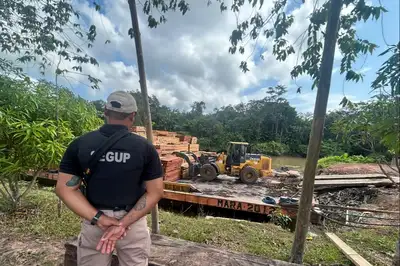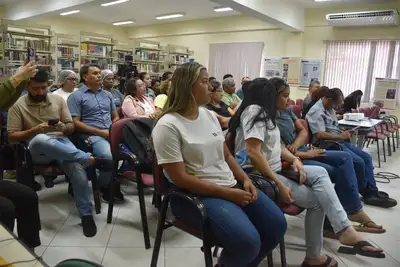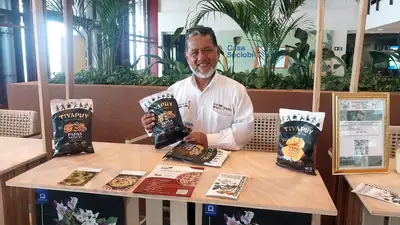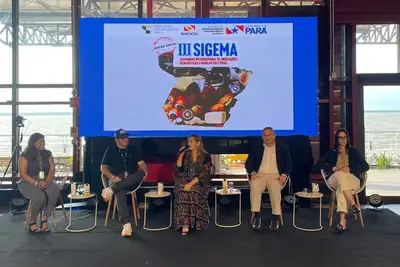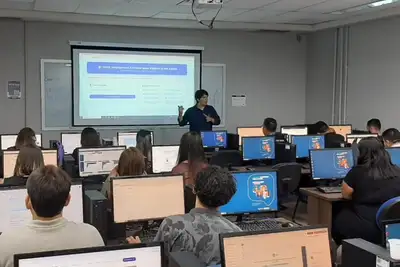Workshops guide farmers on the use of organic composting as a sustainability alternative
At the beginning of this month, 28 families from the Lago Azul settlement, located at km 2 of the PA-150 highway, and from neighboring communities, participated in theoretical and practical experiences regarding the topic
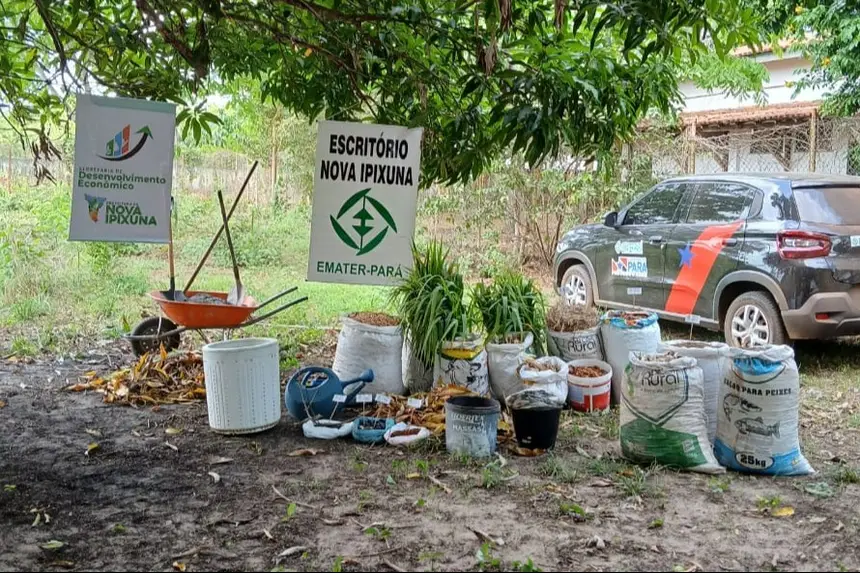
In the municipality of Nova Ipixuna, in the Tucuruí Lake region, a cycle of organic composting workshops is guiding, mainly agrarian reform settlers, to partially replace up to 70% of certain types of pesticides with mixtures of cattle manure, eggshells, coffee grounds, dry leaves, and green grass, among other labor and household waste.
The program is part of a community service effort offered by the city hall in partnership with Emater and other agencies. At the beginning of this month, 28 families from the Lago Azul settlement, located at km 2 of the PA-150 highway, and from neighboring communities, participated in theoretical and practical experiences that guided them on how to make and use organic composting. The next training sessions are scheduled for the regions of Gleba Jacaré and Limão throughout the semester.
“These are farmers who have already been supported by Emater in their activities. They have a recent CAF [Family Agriculture Registration], issued by Emater. The suggestion of organic composting as a sustainability alternative reinforces a continuous process, in support of the Municipal Secretary of Economic Development [Semude], and in 2025 it gains more ecological importance due to COP30 [United Nations Conference on Climate Change - to be held in the state capital, Belém, in November]. Using organic composting reduces costs, improves the soil, enhances the final product, redefines what would be waste, and integrates agricultural experiences with the Amazon rainforest,” explains agronomist Genival dos Reis, a postgraduate in Small and Medium Animals, head of the local Emater office in Nova Ipixuna.
For farmer João Delmondes, 64, from Vila Vitória, within the Lago Azul settlement, the opportunity is one of transition: “I had already made compost on my own, but now I am amazed by all the math, all the science involved in identifying what works, putting the right parts together, and applying it the right way,” he says.
He intends to put the knowledge into practice soon, with banana cultivation. On the 60 hectares of Sítio Ouro Verde, there are crops of cocoa, cupuaçu, beans, cassava, and corn, and the raising of at least 30 heads of Girolando cattle.
Cow urine can be used as a sustainable fertilizer alternative in plantations, indicate Emater specialists
According to Emater specialists, the urine of dairy cows can serve as a differentiated component for the recipe of organic fertilizer. The calculated use of the excrement, which is often wasted in the daily routine of rural properties, presents potential as a natural biofertilizer and even as an insect repellent in cassava, corn, and bean plantations, for example.
“In this case, the urine of these cows, diluted in the cleanest possible water, in a pre-established proportion, acts as a substance for moistening the piles of the combined material. It is a nutrient-rich substance that comes at no cost to the producer and is easy to collect because the cow releases it during milking,” emphasizes Reis.
Text: Aline Miranda


